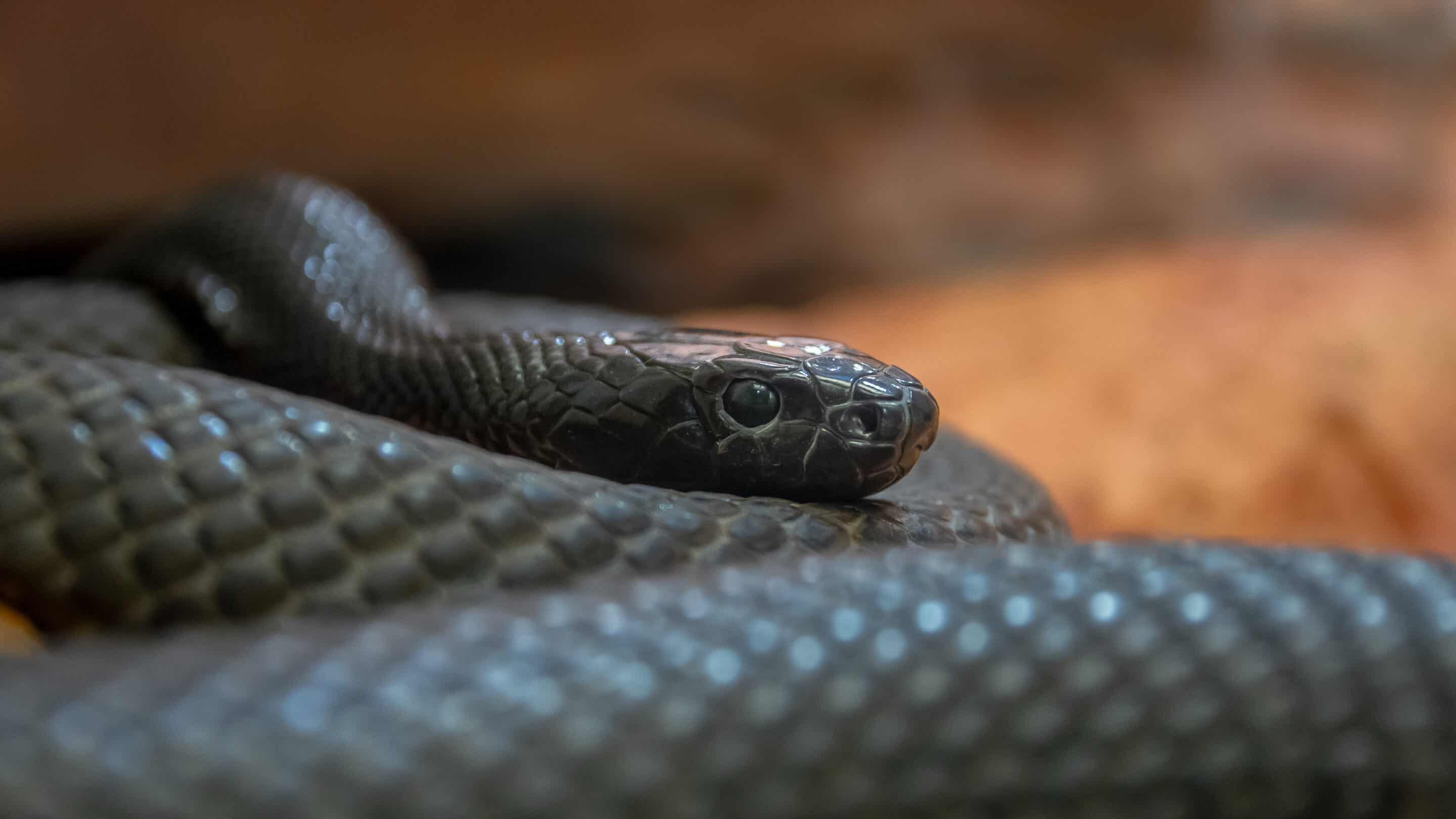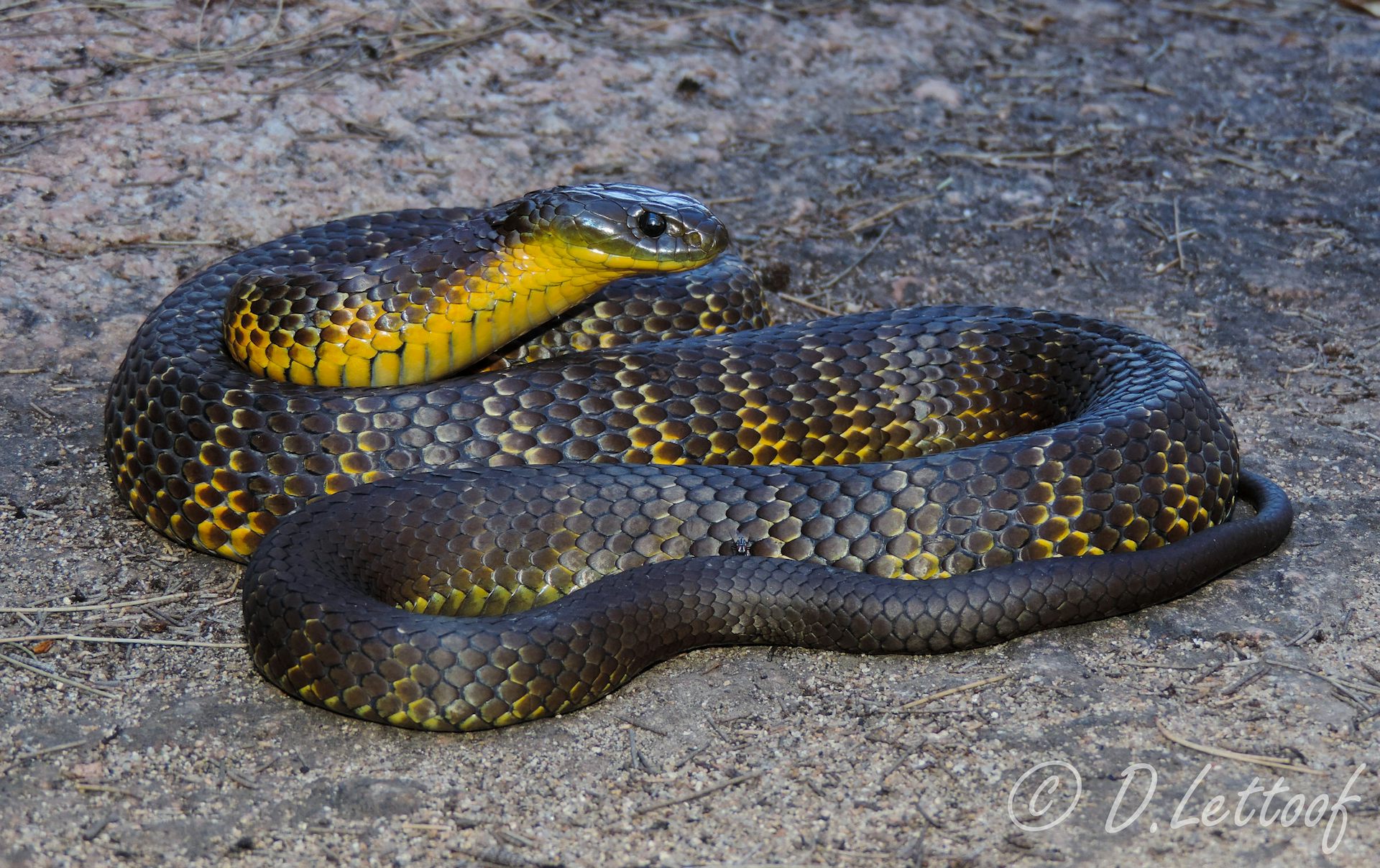Introduction
When it concerns the remarkable globe of snakes, couple of species capture the imagination rather like the baby tiger serpent. Recognized for their distinctive coloration and potent venom, these serpents are an integral component of Australia's distinct ecosystem. In this extensive write-up, we will certainly look into different elements of baby tiger snakes, including their behavior, environment, and exactly how to securely engage with them. Whether you're a wild animals lover or simply curious regarding these animals, comprehending child tiger snakes can aid promote a much deeper admiration for nature.
Snake awareness AustraliaBaby Tiger Snakes: What You Required to Know About Their Behavior and Habitat
What Are Infant Tiger Snakes?
Baby tiger snakes are adolescent kinds of the highly poisonous species recognized scientifically as Notechis scutatus These snakes are mostly found in seaside regions of Australia, particularly in Tasmania and southerly Victoria. As they expand, their coloration modifications from a more low-key palette to the characteristic yellow and black bands that give them their name.
One remarkable element of child tiger snakes is their size; hatchlings usually determine around 25-30 centimeters in length. In spite of their tiny stature, they possess an unusual amount of venom that can be damaging to human beings if bitten.
Physical Characteristics
Tiger serpents possess a number of essential physical characteristics:
- Coloration: The distinct banding pattern typically ends up being more obvious as they mature. Size: Grownups can get to lengths of approximately 2 meters. Body Shape: They have a robust body that aids in swimming and earthbound movement.
Where Do Child Tiger Snakes Live? Comprehending Their Habitat
Understanding the environment choices of infant tiger serpents is vital for both preservation efforts and public security. These serpents flourish in different environments:
- Wetlands: Marshes and swamps give sufficient searching grounds. Coastal Regions: Commonly found near coastlines where they can hunt for prey. Woodlands: Dense greenery offers cover from predators.
Geographical Distribution
Tiger serpents are primarily found along Australia's southern coastline, consisting of:
- Tasmania: Home to one of the most notorious populations. Victoria: Specifically in areas near water bodies.
Are Tiger Snakes Venomous? A Deep Dive into Their Venom
One typical question arises when reviewing baby tiger snakes: "Are tiger snakes venomous?" The solution is an unquestionable yes!
Venom Composition
The poison of tiger snakes includes neurotoxins that can create paralysis, coagulopathy (blood clotting issues), and potentially fatality if without treatment. Right here's what you require to understand:
- Effects on Humans: An attack from a tiger snake can result in symptoms like swelling, pain at the bite site, queasiness, and even respiratory failure.
Comparison with Various other Venomous Snakes
In comparison to various other Australian snakes such as the eastern brownish serpent or king brownish serpent, tiger serpent venom is considered amongst one of the most potent. However, casualties are unusual as a result of enhanced medical treatments and access to antivenom.
Behavioral Patterns of Child Tiger Snakes
Understanding just how baby tiger serpents behave is critical for those who live in or go to areas where these reptiles are prevalent.


Nocturnal Habits
Most child tiger serpents exhibit nocturnal actions. They have a tendency to forage for food during cooler night temperatures. This adaptability helps them stay clear of killers while enhancing their hunting efficiency.
Hunting Techniques
Their hunting strategies include:
- Ambush Predation: Waiting motionless up until target comes close. Active Foraging: Proactively moving via greenery or along rivers searching for food.
First Aid for Snake Bites: What You Ought to Know
Despite being fascinating animals, experiences with infant tiger serpents Limb immobilization can result in harmful situations if attacks occur. Knowing emergency treatment treatments can save lives.
Immediate Tips After a Bite
Remain calmness; panic increases heart rate. Immobilize the affected limb utilizing a splint or bandage. Seek immediate medical attention-- antivenom might be necessary.Creating a Serpent Bite Emergency Treatment Kit
A well-prepared emergency treatment kit ought to consist of:
|Item|Function|| ------------------------------|--------------------------------------|| Compression plaster|To paralyze the arm or leg|| Splint|Maintains damaged bones or joints|| Antihistamines|Alleviates allergic reactions|| Emergency situation contact numbers|Quick gain access to during emergencies|
Common Misconceptions Regarding Tiger Snakes Debunked
Many misconceptions border these intriguing reptiles; allow's clarify some false impressions Avoiding venomous snakes frequently held by people.
Myth # 1: All Tiger Snakes Are Aggressive
While some individuals might show defensive behaviors when intimidated, not all tiger snakes display screen aggression in the direction of humans unless provoked.
Myth # 2: Baby Tiger Snakes Are Less Harmful Than Adults
This misconception could not be better from the fact! Baby tiger snakes consist of nearly as much poison as grownups about their size; hence they pose significant threats if bitten.
FAQs About Infant Tiger Snakes
What do child tiger snakes eat?- They primarily eat tiny mammals, birds, frogs, and fish.
- Look for slender bodies with pale banding patterns that become much more pronounced as they mature.
- Yes! Birds of prey and larger reptiles might target them.
- Typically every couple of weeks as they grow rapidly throughout their early life stages.
- While some people do keep them illegally without permits because of their harmful nature; it's generally not suggested given their venomous status.
- With prompt clinical treatment-- consisting of antivenom-- the survival rate is high!
Conclusion
In summary, comprehending child tiger serpents-- what they consume, where they live, just how they act-- can furnish us with valuable knowledge concerning these impressive yet harmful animals. The relevance of education and learning bordering first aid steps can not be overstated; understanding exactly how to respond efficiently after a bite can conserve lives while promoting regard for our slithering neighbors within Australia's abundant biodiversity spectrum.

By appreciating these snakes' functions within ecosystems-- and identifying prospective dangers-- we advertise conjunction as opposed to fear-based reactions towards each other's presence in nature's grand tapestry! Whether you're an avid walker considering your following experience or simply curious about local wildlife experiences near home-- this overview functions as your trusted recommendation factor on the enigmatic globe lived in by our friends-- the spectacular baby tiger snake!